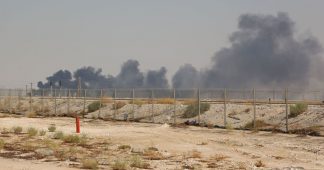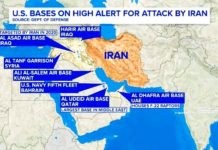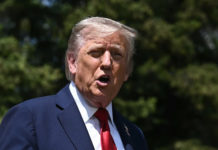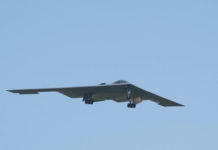October 3, 2019
(CNN) US President Donald Trump’s recent decisions to avoid military action against Iran in the face of tactical humiliation and strategic threats have been smart, subtle and ethically unimpeachable.
They’re also a gamble.
According to intelligence sources in the Middle East and the West, recent attacks on Saudi oil facilities were launched from Iranian soil. Iran has been blamed by the US, UK, France and Germany among others for being behind the cruise missile attacks; claims that the Houthi rebels in Yemen were responsible were dismissed as implausible.
But the outright allegation that the Iranians actually attacked Saudi Arabia from Iran — an act of war — has yet to be made in public, even though, according to the sources, intelligence officials have told politicians they are 100% certain their information is accurate.
The choice to hold such data back rests in the hope that, while it remains an open secret, there might be opportunities to dial down the dangers of war in the Gulf through diplomacy.
The extent of the urgency of achieving this was visible at the United Nations General Assembly last week where the French led efforts to lead the US and Iran towards talks.
Acknowledging a brazen act of violence against a sovereign nation would almost inevitably demand a violent response from that nation or her allies and put an end to diplomacy.
The gamble for Trump and other leaders is that a reluctance to act, in retaliation for what was a strategically effective attack on Saudi Arabia, may be seen in Tehran as weakness.
And that could result in a further escalation which, in the view of many sources in diplomacy and intelligence across the region, would most certainly trigger a conflict.
Attacking Iran would set off a complex war that simply could not be won by the West and its allies — and could easily be lost.
Read more at https://edition.cnn.com/2019/10/03/middleeast/iran-war-games-kiley-intl/index.html











